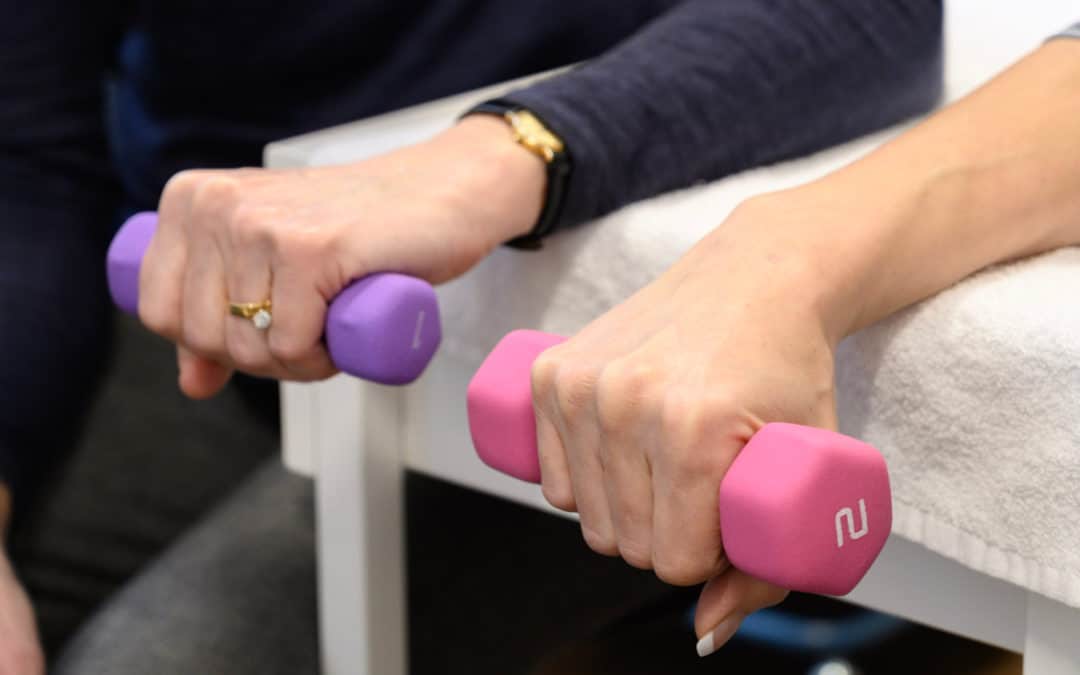When should I be referred to a Hand Therapist?
Certified Hand Therapists (CHTs) are specialized Physiotherapists and Occupational Therapists with over 4000 hours of clinical experience mentoring with another CHT. CHTs have passed a comprehensive test in advanced clinical skills and theory in shoulder to hand rehabilitation. Hand Therapists regularly see complex conditions and surgeries from Hand Surgeons and are very experienced with the conditions, splinting and rehabilitation protocols used to treat these complex conditions and their complications.
Top 5 Conditions that should consider referral to a Hand Therapist:
1) Finger sprains and strains
Injuries to the PIP and DIP joints (proximal interphalangeal and distal interphalangeal) often occur in play, sport, or falls and are often splinted or buddy taped incorrectly until weeks later when they become problematic. Early treatment by a hand therapist can identify the specific area of injury, provide support to the appropriate areas for the correct length of time, help maintain appropriate movement and prevent deformities. A hand therapist can fabricate or recommend a splint and help maintain hand function during recovery.
2) Wrist fractures
Some wrist fractures or “breaks” may be very straightforward and may be managed well by general physiotherapists but they can also be quite complex and problems can persist long after typical recovery times. Hand therapists are trained to identify the complications early and manage fractures thoroughly. Often specialized splinting, exercises or supplies are required to help clients achieve optimal outcomes.
3) Shoulder, forearm, wrist or thumb “Tendonitis”
Tendonitis is a common condition seen by physicians and physiotherapists in all clinics. Stubborn tendonitis conditions that have not responded to standard treatment may warrant a trip to a hand therapist before more invasive treatments. A hand therapist can identify the specific structures involved in the problem and can recommend the appropriate treatment dependent on the stage of healing.
4) Ulnar-sided wrist pain
Ulnar wrist pain (pinky finger side of the wrist) is a common wrist pain complaint. This often involves injury to the triangular fibrocartilage complex (TFCC), distal radio-ulnar joint (DRUJ), extensor carpi ulnaris (ECU) tendon or the distal ulna itself. Hand therapists have regular experience managing these conditions both with and without surgery and have vast knowledge of the structures of this area and how to rehabilitate the client back to all activities following injury.
5) Elbow fractures
A fractured elbow can involve up to 3 different bones and some of these fractures can be very difficult to rehabilitate fully. Often regaining full movement and strength requires some very specific techniques, exercises and splinting. Hand therapists have a wealth of experience helping these clients recover fully.
Don’t delay! Most injuries will get the best outcome if they are assessed by a hand therapist in the first 2-4 weeks!



